In one of the most moving moments from this year's Golden Globes, Jodie Foster, accepting the Best Supporting Actress award for The Mauritanian, kissed her wife, the photographer Alexandra Hedison.
The scene was at once a tableau of domestic normalcy -- the pair sat side by side on a coach in silk pajamas, their dog sandwiched between them -- and a full-circle moment for Foster. In 2013, the lesbian actress had publicly come out on the Golden Globes stage in an acceptance speech for a lifetime achievement award. And the contrast of these two events in recent cultural history represents how far she and Hollywood have come in embracing LGBTQ+ identity.
Her 2013 coming-out speech, rather than being a joyous moment for the deeply private Foster, harshly criticized a culture where "every celebrity is expected to honor the details of their private life with a press conference, a fragrance, and a prime-time reality show." She even compared the act of coming out to being a spectacle akin to Here Comes Honey Boo Boo, the critically panned TLC reality show about a child beauty pageant contestant and her blue-collar Southern family.
At the time, The Advocate's editor in chief wrote a commentary about how he felt "deeply conflicted" by Foster's coming-out; he noted the "animosity bubbling under the speech" that undercut the sense of pride. Prior to her remarks, Foster had been practically synonymous with "the glass closet," the penumbra in which some LGBTQ+ celebrities are out in their private lives but not to the public. Conversely, this animosity, likely rooted in the years of tabloid speculation that hounded Foster and her love life, diminished the speech's power to fight the stigma that keeps people closeted in the first place.
Foster's kiss with Hedison waved a magic wand over this cloud. There was no hesitancy or attempt to shield her privacy. There was Foster -- a lesbian, yes, but also a person with her partner and their pooch celebrating her victory. It was a powerful scene for the world to see, particularly in this political moment when the Equality Act passed in the U.S. House last week with a 224-206 vote, effectively meaning nearly half of the chamber believes LGBTQ+ people are still unworthy of nondiscrimination protections in employment and housing.
In the battle to change hearts and minds, Foster's kiss was a massive blow against stigma -- not only in her own life but in Hollywood, whose productions wield mighty power in influencing public opinion. The glass closet may still be alive and well in Tinseltown, but the rules have changed. There have never been so many out actors, including A-listers like Foster.
Additionally, a look at the LGBTQ+ representation on display at the Globes also dispelled the tired myths that queer actors and stories can't sell. Some of the biggest victories of the night went to them: Schitt's Creek, Andra Day as bisexual singer Billie Holiday, The Queen's Gambit, The Crown's Gillian Anderson.
Gay icon Jane Fonda, accepting the same Cecil B. DeMille award that Foster held in 2013, used her own powerful speech to hold a mirror up to the industry's past failings in representation and to call for a more inclusive future. The Hollywood Foreign Press Association, which selects the Golden Globes, was put on blast last week for not having any Black members, but Fonda's remarks resonate for any group that has been marginalized.
"Stories, they really can change people," she said. "But there's a story we've been afraid to see and hear about ourselves in this industry, a story about which voices we respect and elevate and which we tune out, a story about who is offered a seat at the table and who is kept out of the rooms where decisions are made."
"So let's all of us, including all the groups that decide who gets hired and what gets made and who wins awards, let's all of us make an effort to expand that tent so that everyone rises and everyone's story has a chance to be seen and heard," she said. "Doing this simply means acknowledging what's true. Being in step with the emerging diversity that's happening because of all those who marched and fought in the past and those who've picked up the baton today. After all, art has always been not just in step with history but has led the way. So let's be leaders."
If this year's Globes were any indication, the future will only get queerer for Tinseltown. And that means in awards ceremonies to come, there will be many more out leaders like Foster, their partners by their side, reminding the world that, privacy be damned, love is love.









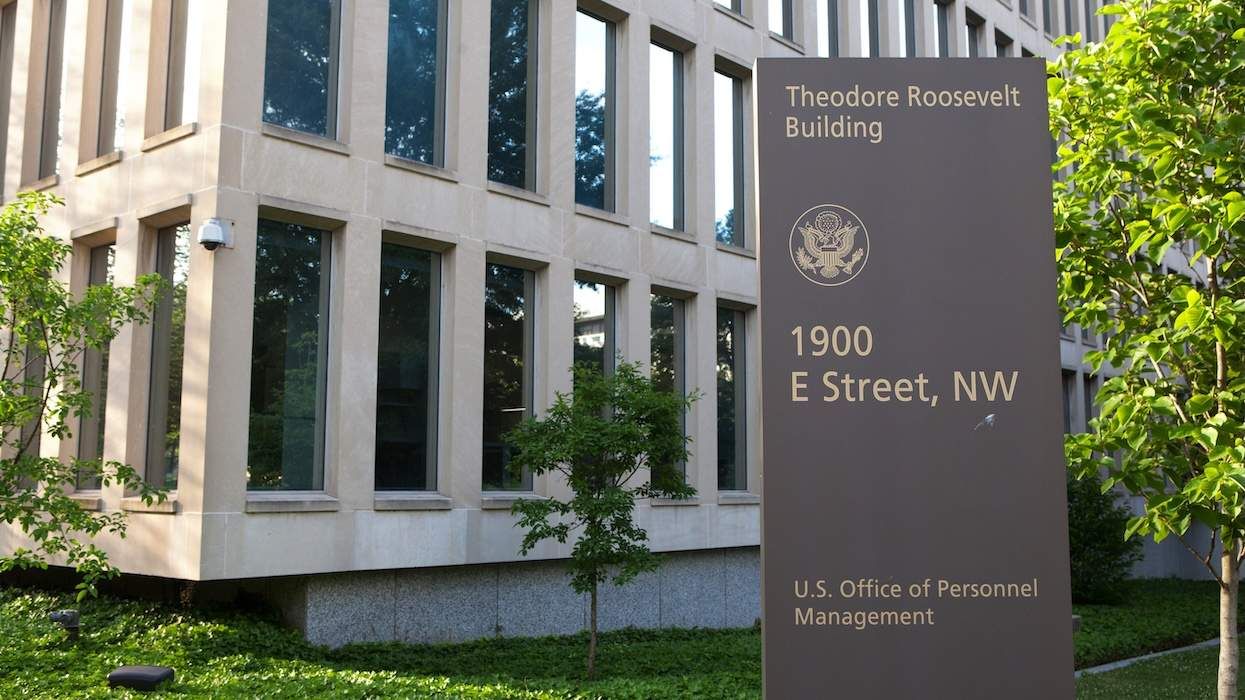

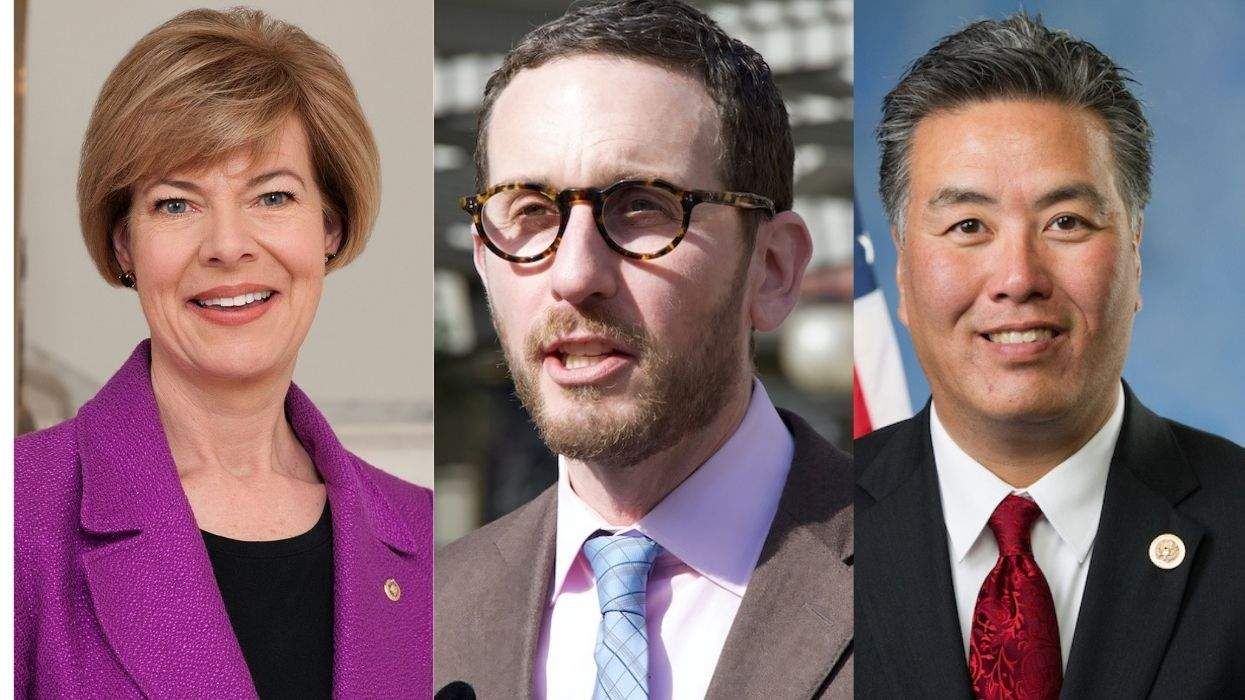


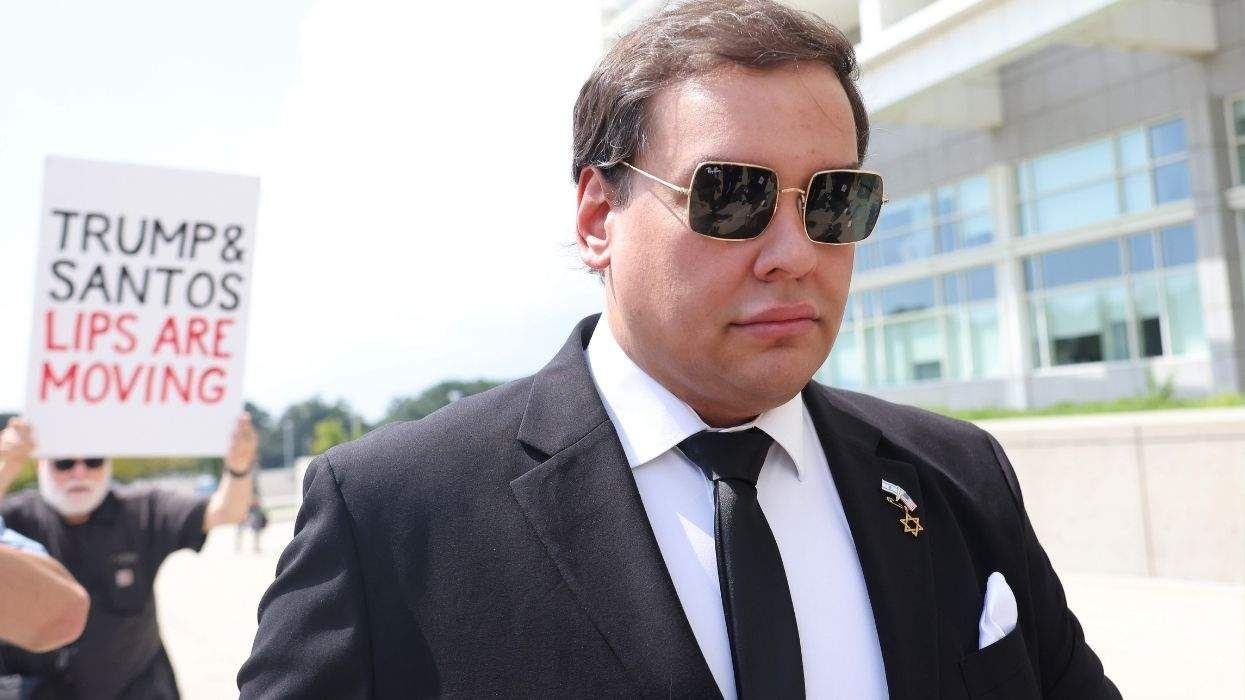
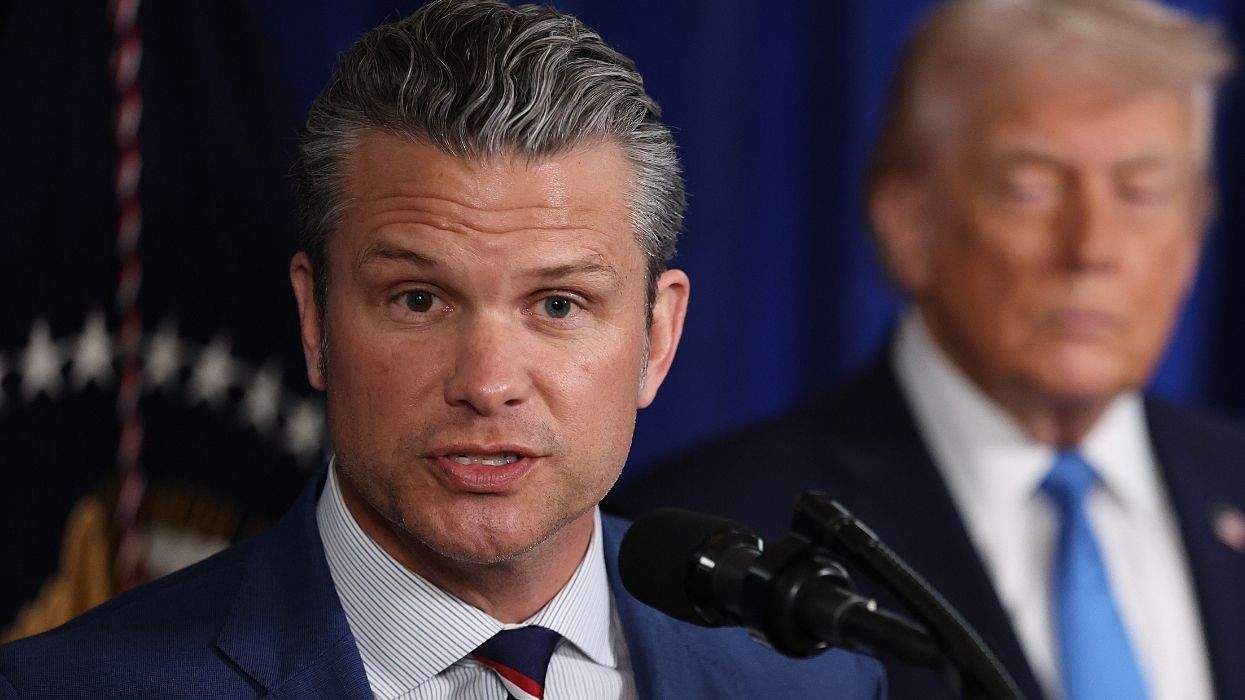


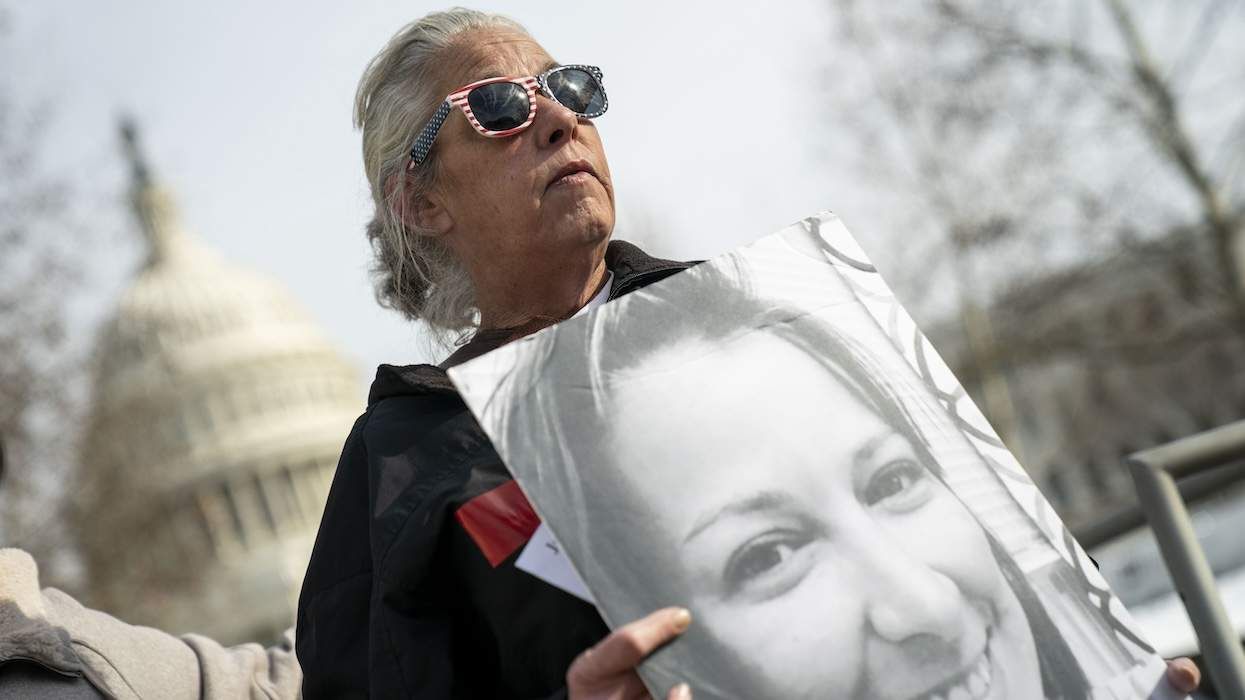














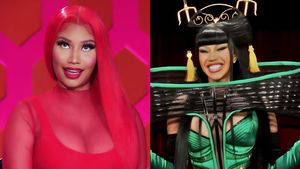


























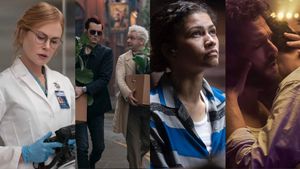







Charlie Kirk DID say stoning gay people was the 'perfect law' — and these other heinous quotes